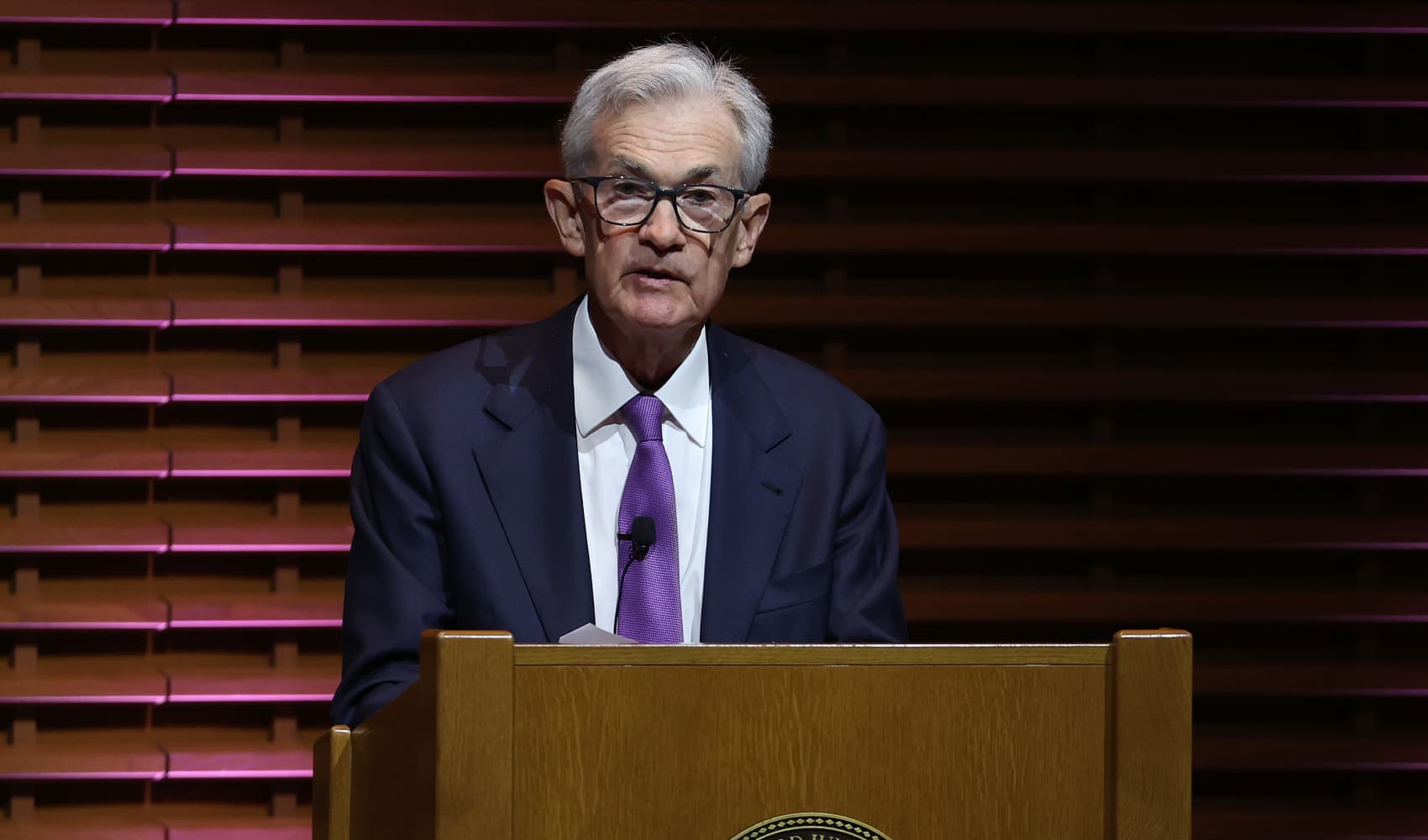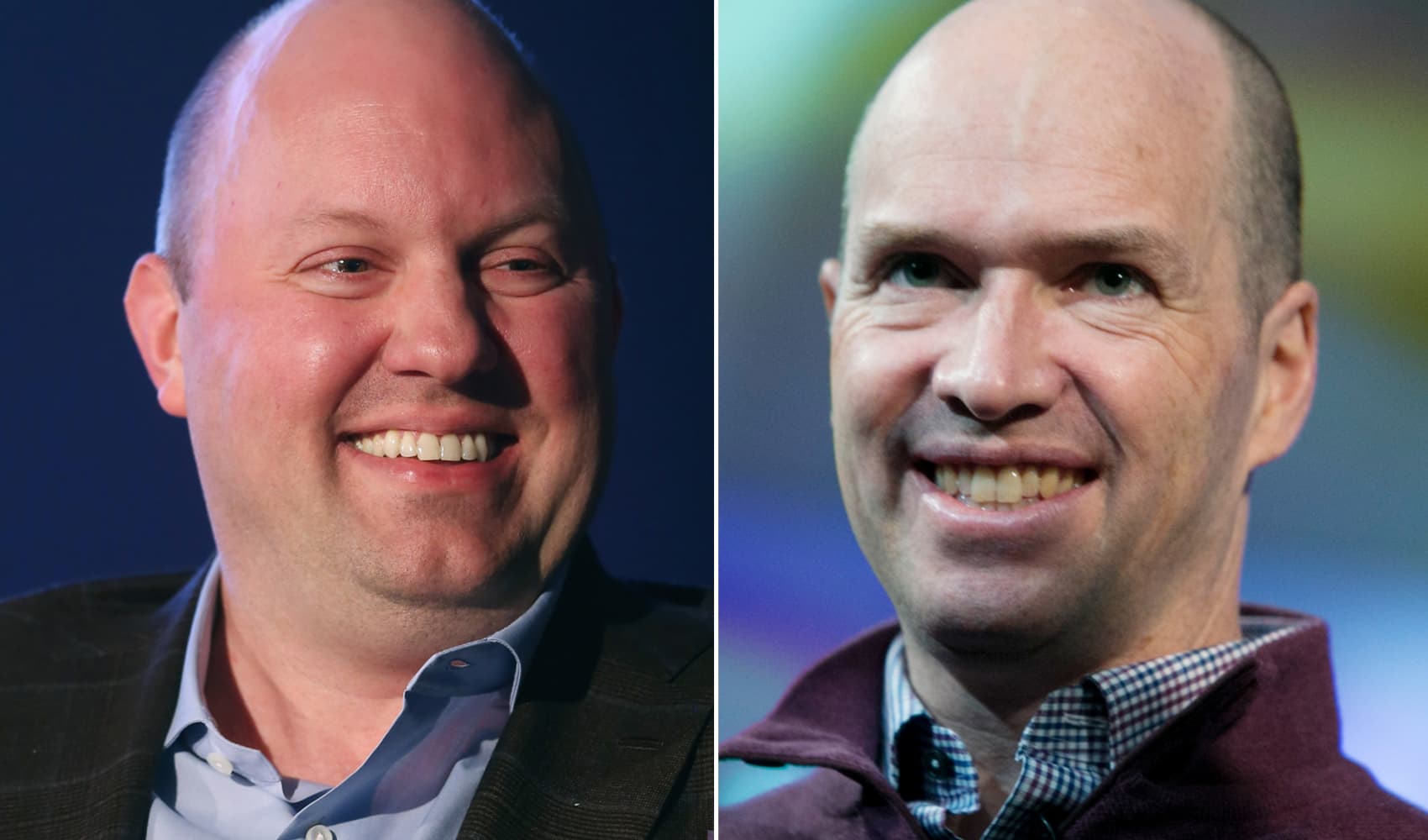
The red-hot SPAC market could have an ESG problem.
Securus Technologies, a prison services company that makes profit from charging families of the incarcerated for phone calls, is in talks to go public via merging with Atlantic Avenue Acquisition Corp, according a person familiar with the matter.
While prison services telecoms are less scrutinized than companies that operate correctional facilities, their for-profit nature and their line of business still typically make ESG-conscious investors shy away. (ESG stands for environmental, social and governance.)
"In a climate focused on ESG, and given criticisms being hurled at SPACs in general, you can see how this combination could become a controversial deal for investors," said Perrie Weiner, partner at Baker McKenzie LLP.
Get Philly local news, weather forecasts, sports and entertainment stories to your inbox. Sign up for NBC Philadelphia newsletters.
Securus Technologies and Atlantic Avenue Acquisition Corp didn't respond to CNBC's requests for comment. Bloomberg News first reported on the merger discussions.
SPACs, which stands for special purpose acquisition companies, are created to raise capital from public markets and then use that cash to merge with a private company and take it public within a two-year timeframe.
Investors in SPACs as a rule do not know the identity of the firm that will be targeted for merger. After a blockbuster year, there are currently over 400 SPACs actively looking for a target company, according to data from Wolfe Research.
Money Report
Many wonder if pre-merger SPACs are inherently not ESG-friendly with the lack of clarity on where the money will go in the future.
Bernstein analysts have called SPACs "one of the most anti-ESG assets imaginable" as they fail on the governance side of things.
In terms of the social aspect, one particular deal recently raised eyebrows on Wall Street.
In October when Digital World Acquisition Corp. announced plans to merge with former President Donald Trump's planned social media platform, at least two hedge funds pulled out their investments after learning of the target company.
"Many investors are grappling with hard questions about how to incorporate their values into their work. For us, this was not a close call," hedge fund Saba Capital Management founder Boaz Weinstein said then of his DWAC sale.
As SPACs face regulatory headwinds, many are pivoting to companies with ESG credentials, targeting either an environmental thesis or social impact theme, such as electric vehicle companies.
"That's where investor appetite is right now," Weiner said. "And, that's why you will see many private equity firms cut loose companies that fly in the face of ESG, and they will look to SPACs as a quick way to divest themselves of those sorts of negatively perceived investments."






